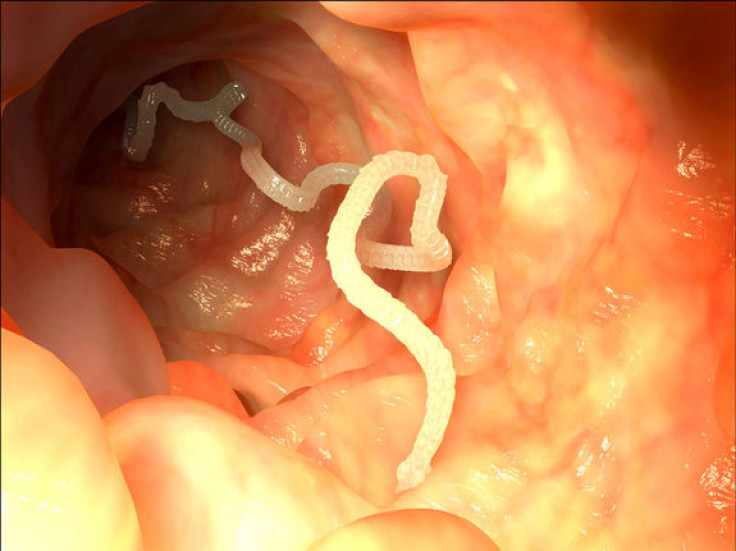Australian woman suffers headaches caused by tapeworm larvae in her brain
The woman had reportedly complained of headaches for the past seven years that would regularly occur two or three times a month
A woman in Australia suffering from a week long headache discovered she was nurturing tapeworm larvae in her brain. According to the study, which was published in the American Journal of Tropical Medicine and Hygiene on September 21, the 25-year-old woman was said to have never travelled overseas and is the first local case recorded in Australia.
Previous cases of this parasite infection in the country stemmed from immigrants or residents who have returned from travels in regions where such parasitic infections are endemic such as Africa, Latin America and Asia.
The woman had reportedly complained of headaches for the past seven years that would regularly occur two or three times a month. But after taking prescribed medications, the aches would go away. However, her latest episode lasted for more than a week with symptoms seeming to be more severe and even causing blurred central vision.
According to an article on CNN, after doctors recommended an MRI of her brain, it was believed a tumour could be the cause of her unrelenting headaches. A brain surgery was scheduled and upon removing the woman's supposed tumour, doctors realised the lesion was actually a cyst filled with tapeworm larvae.
The woman required no other further treatment after the "cyst' was removed.
The infection, also known as neurocysticercosis, causes neurological related symptoms. Individuals become infected with these parasites when they ingest eggs from faecal contact from a person who has intestinal tapeworm.
The US Centres for Disease Control and Prevention (CDC) said neurocysticercosis is a deadly infection that is the leading cause of adult epilepsy. Tapeworms are usually found in the intestines which can be undiagnosed as some individuals can get rid of them without medication.
The tapeworms are commonly transmitted when people consume undercooked pork, as pigs are intermediary tapeworm hosts. Others come in contact with tapeworm eggs through food, water and soil that are contaminated.
A person's best defence against the infection is ensuring meat is cooked at safe temperatures, consuming food that has been stored and cooked in a sanitary environment, and washing hands with soap before eating.

© Copyright IBTimes 2024. All rights reserved.





